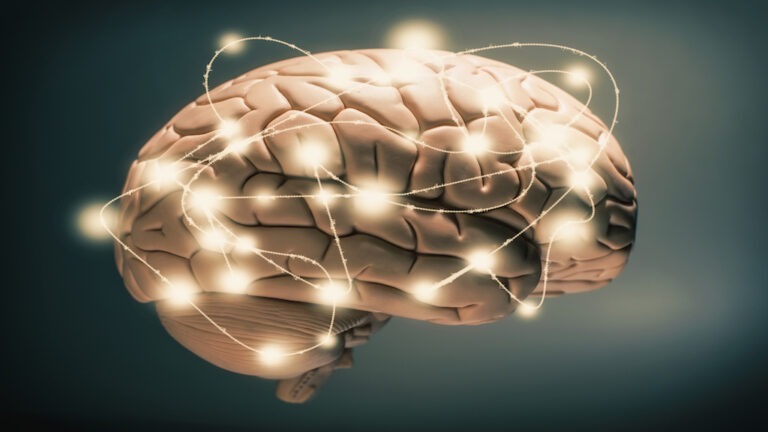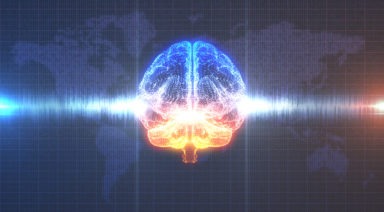New Theory Says Consciousness is Electromagnetic

For centuries, humans have tried to determine ‘what is consciousness?‘ How are we able to think and have free will? A new scientific theory says consciousness may be electromagnetic.
Philosophers and scientists have debated the nature of consciousness for years. Consciousness put simply, can be defined as capable of, or marked by, thought, will, design, or perception. But where does this ability come from? Inside the brain or some external force?
Johnjoe McFadden professor of molecular genetics at the University of Surrey has a new theory he calls the Consciousness Electromagnetic Information Field Theory, or CEMI Field Theory.
Watch more:
About the Author
Gaia guides people on their personal transformational paths with the world’s largest library of exclusive and original conscious media. Like our members, Gaia staff are driven by curiosity, passion and the desire to grow, as we continue on our own spiritual journeys and quests. Our members inspire our own authenticity: the quest for transformation never ends. If there is a topic you’d like to learn more about, please let us know. You can also join Gaia as a contributing author and help us connect readers to people and ideas that fuel a conscious life.
Next Article
The Sun May Prove Our Consciousness is Entangled at Quantum Level
The building blocks of humanity and all beings on Earth originally came from space; we are all connected physically and consciously.
Carl Sagan’s famous line, “We are made of star stuff, we are a way of the cosmos to know itself” is not just hyperbole or even theory. A 2017 study showed the six most common elements of life on Earth — carbon, hydrogen, nitrogen, oxygen, sulfur, and phosphorus — are found in stars.
This idea has been the driving force for countless astronomers, including Gaia News contributor Marc Dantonio.
“Carl Sagan was my favorite astronomer and I heard him say when he first said it, ‘We are made of star-stuff,’ Dantonio said. “That man was absolutely correct. Everything you’re made of, every atom in your body, every atom in the room around you, every single thing on this planet was once made at millions, and millions, and millions of degrees in the heart of a star. And what do they do? They explode when they’re done with their lives because they run out of their fuels. That stuff blows out from the star, and where does it go? It goes everywhere, it goes out in all directions. There are so many trillions, upon trillions, upon trillions of massive supernovae that have occurred, that the universe is littered with their debris, and their debris happens to be many of the elements on our periodic table.”

The video streaming platform exploring Expanded Consciousness, and Universal Consciousness
Free Trial


































